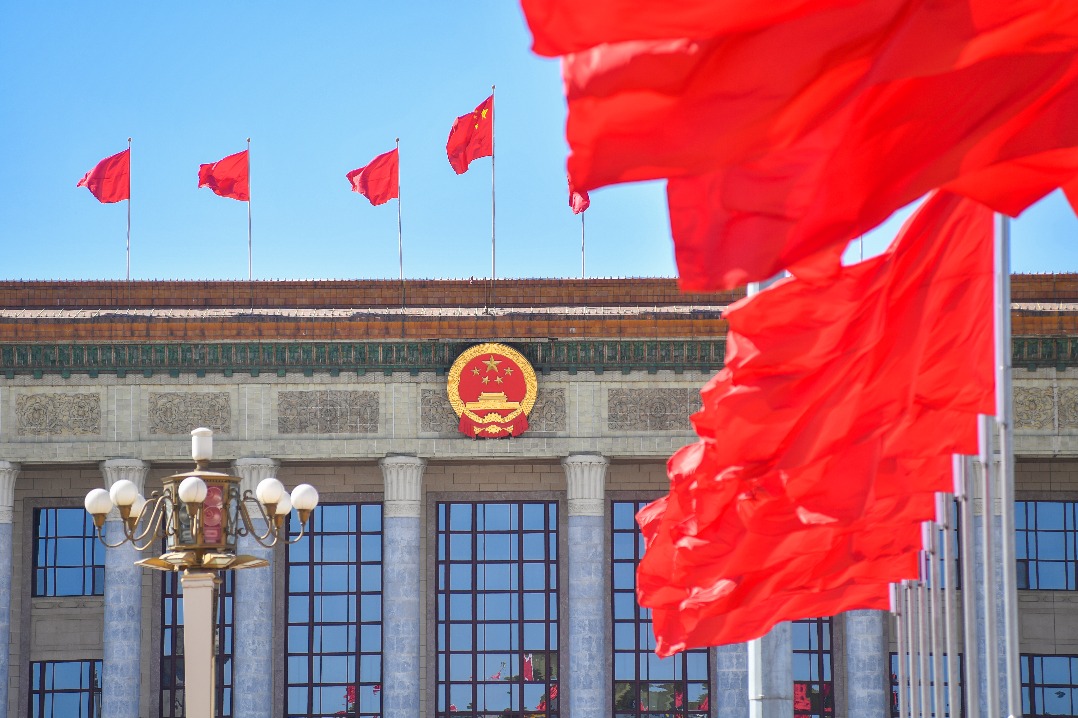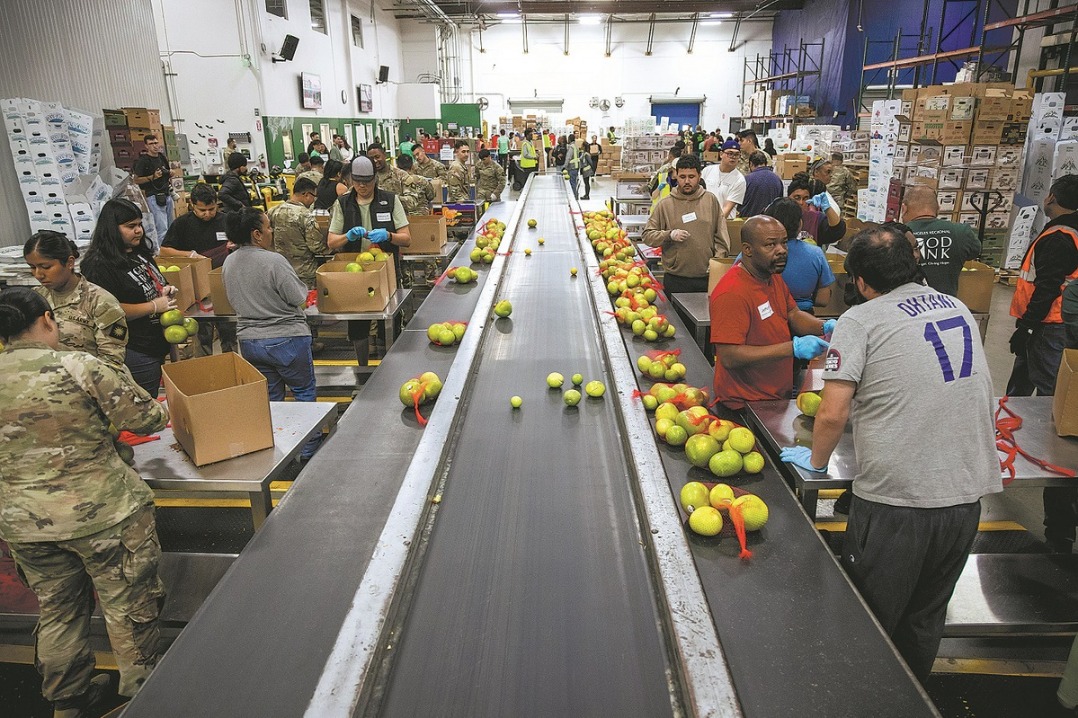Party recommendations spell out clearer 5-yr plan

The Recommendations of the Central Committee of the Communist Party of China for Formulating the 15th Five-Year Plan for National Economic and Social Development will not only chart the course for the country's development over the next five years, but also provide certainty and solid opportunities for the global economy, said Gao Yunlong, chairman of the All-China Federation of Industry and Commerce.
Chinese enterprises should strengthen innovation to bolster their core competitiveness, Gao said, underscoring that "innovation is the primary driver of development".
Gao made the remarks at the 2025 China Enterprise Forum in Beijing on Monday. The forum, organized by the State-owned Assets Supervision and Administration Commission of the State Council, aims to implement the CPC leadership's blueprint for advancing Chinese modernization, guide Chinese companies to grasp overarching trends and stay the course, and encourage them to tackle tough challenges to contribute more to opening a new chapter in Chinese modernization.
Over the past five years, from advances in domestically developed aircraft and the scaled rollout of satellite communications to China's rise to the top of global new energy vehicle production and sales, Chinese companies have carved out new space for growth through rapid innovation, adding vitality and momentum to the world economy, Gao said.
In 2024, Chinese exports of mechanical and electrical products rose 8.7 percent year-on-year, lifting their share in total exports by 0.9 percentage point to 59.4 percent, with exports of high-end equipment up by more than 40 percent, according to Chinese Customs data.
Looking ahead to the upcoming 15th Five-Year Plan period (2026-30), China should accelerate efforts to achieve high-level self-reliance in science and technology and use "new quality productive forces" to drive high-quality growth, Gao said. He called for task force-style management of major projects to foster a better ecosystem and more opportunities for corporate innovation.
China should seek first-mover advantages amid a new wave of technological and industrial change, deepen the integration of scientific and industrial innovation, speed the upgrade of traditional sectors and foster emerging industries, Gao said.
He urged a shift from pure scale expansion to higher innovation content and value creation, and improvements to market-oriented, law-based and internationalized frameworks to build globally recognized Chinese brands with best-selling, high-end products.
China should refine modern corporate governance with Chinese characteristics, enhance lean, digital and specialized management, and build more world-class enterprises with global competitiveness, he added.
As those priorities filter through to central State-owned enterprises, Zhang Yuzhuo, chairman of SASAC, said that in recent years such enterprises have advanced special initiatives including "new-type industrialization", "digital-intelligent transformation", "future industries launch", and "AI plus".
As a result, the transformation of traditional industries has accelerated, strategic emerging industries are clustering faster and new growth drivers are taking shape, he said. Looking ahead, efforts should follow the directions of intelligence, greenness and integration, and accelerate the building of a modern industrial system with advanced manufacturing as the backbone, Zhang said.
He added that said enterprises, as the key nexus linking scientific and technological innovation with industrial innovation, should more proactively integrate into the national innovation system, increase research and development investment, strengthen original innovation and the tackling of key core technologies, speed up efficient transformation and application of major scientific and technological achievements, and promote the deep integration of sci-tech and industrial innovation.
At the enterprise level, Qing Lijun, vice-president of China's leading international grain trader COFCO Group, said at the forum that the company recently signed a strategic cooperation framework agreement with artificial intelligence solutions provider iFLYTEK, injecting cutting-edge technological vitality into the traditional agri-food sector.
Leveraging COFCO's extensive industrial chain and rich AI application scenarios, together with iFLYTEK's talent and technological strengths, the two sides will explore "AI plus agri-food" pathways and deepen cooperation in AI foundational platforms, scientific research and innovation, and brand collaboration, Qing said.
The partnership aims to accelerate the cultivation of new quality productive forces in agri-food and create new opportunities for market expansion and industry deepening, he added.
Today's Top News
- Beijing hopes COP30 will address concerns of developing nations
- China, US seek to stabilize trade relations
- Li: CIIE a key bridge linking China, world
- Pacts epitome of South-South cooperation
- Dutch govt should act responsibly to resolve trouble of its own making: China Daily editorial
- Shenzhou XX crew's return trip delayed due to space debris risk






























